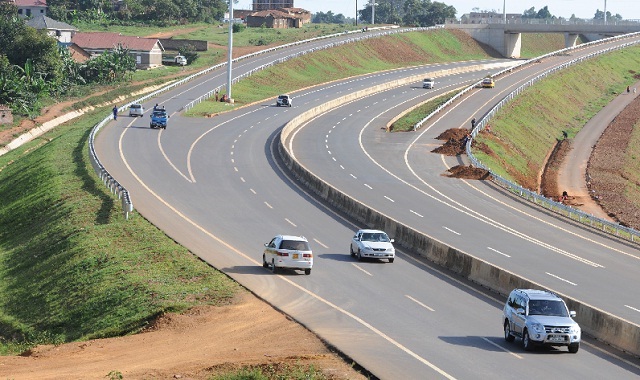
Kampala, Uganda | XINHUA | A new report launched has urged Africa with its development partners to design new business models for infrastructure development to meet the needs of the growing population on the continent.
The report launched by the Development Center of the Organization for Economic Cooperation and Development (OECD) and the Africa Center for Economic Transformation (ACET) said the continent would be home to about 2.5 billion people by 2050.
This anticipated population, which will be almost twice as many as the existing population, the report pointed out, would need a well-developed infrastructure to thrive.
In the face of this growing population, the report said the existing business models for project development had failed to meet the development needs of Africa.
The report listed institutional capacity constraints as well as complex regulatory and technical standards as some of the major causes of this delay.
It, therefore, called for a change in this model to reach the development goals enshrined in the African Union’s Agenda 2063, as well as strengthening regional and local value chains and create more jobs for urban and rural populations.
“African governments need to design new ways of managing such projects, by making infrastructure investment faster and less burdensome,” it recommended.
The report proposed two overarching mechanisms to accelerate the preparation, funding, and implementation of infrastructure projects on the continent.
“Expand the quality labeling system of the Program for Infrastructure Development in Africa to recognize quality infrastructure, and create a platform to enhance real-time peer learning and the sharing of good practices among African infrastructure professionals,” it urged.
******
XINHUA
 The Independent Uganda: You get the Truth we Pay the Price
The Independent Uganda: You get the Truth we Pay the Price


